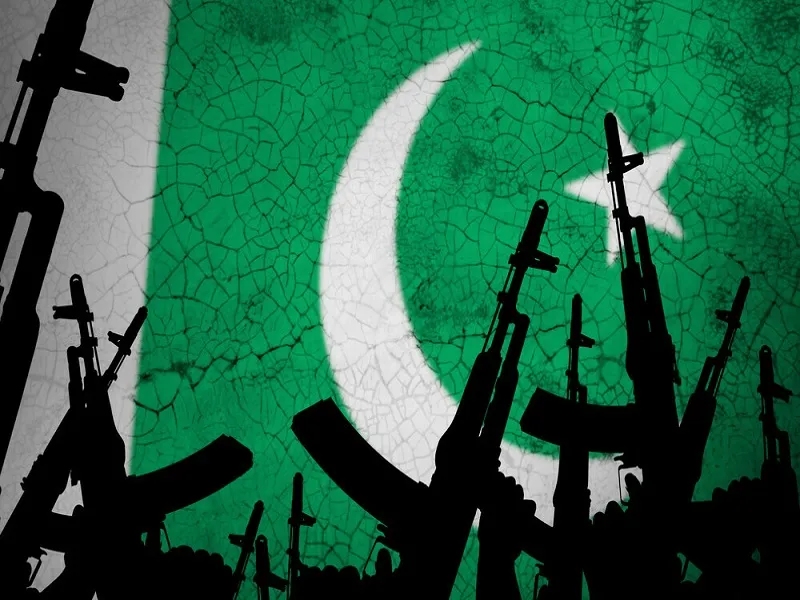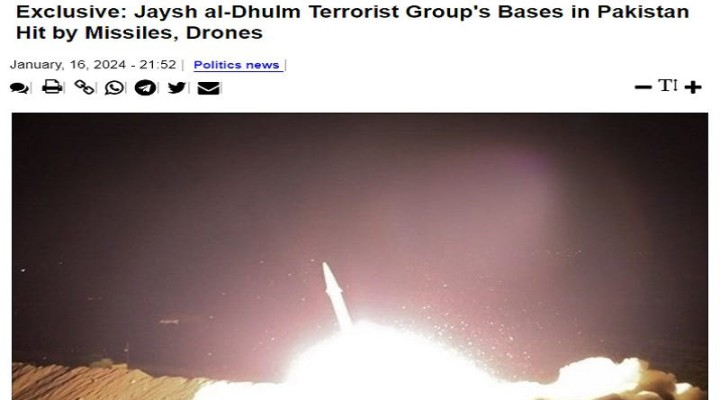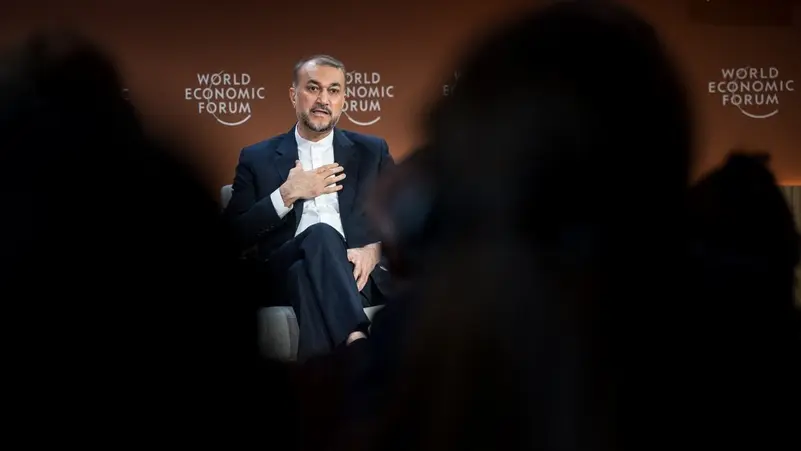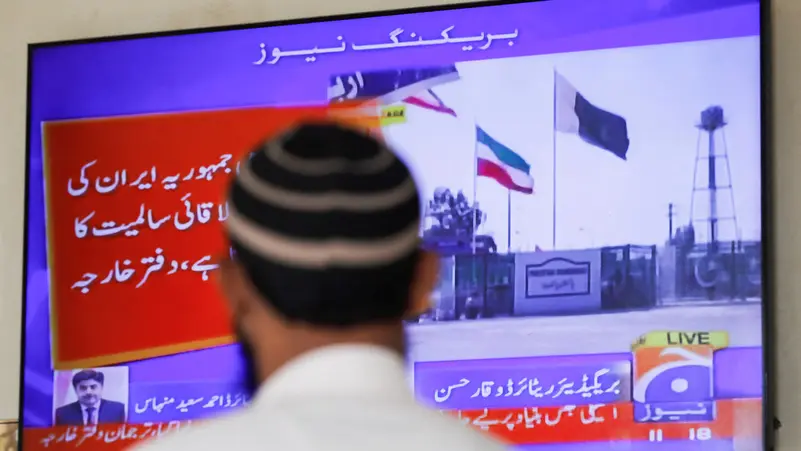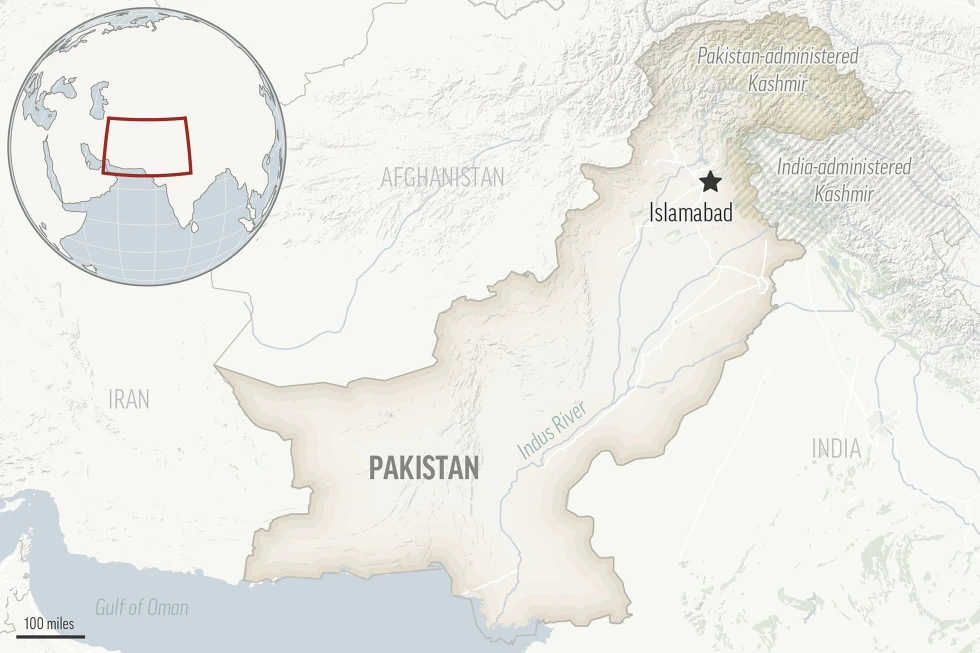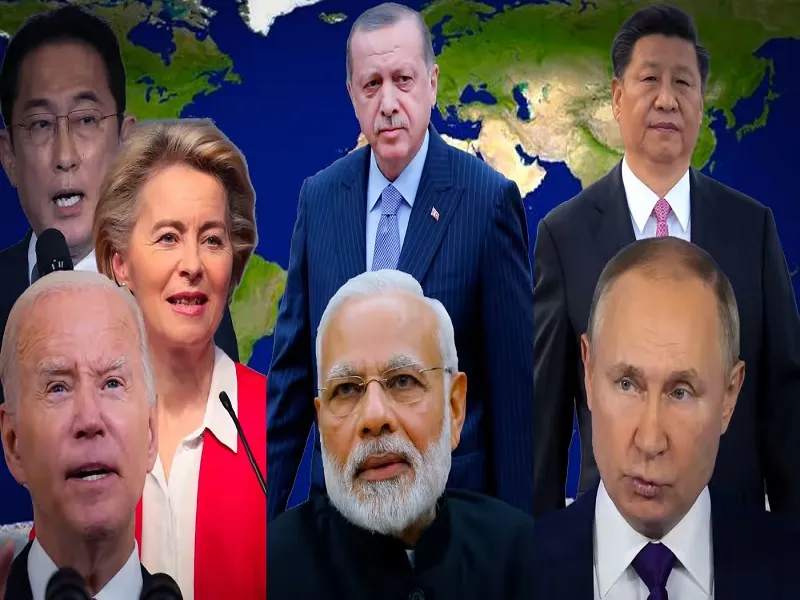Here’s How The Pakistani Establishment Benefits From The Latest Tensions With Iran

Observers might expect that the exacerbation of long-running Iranian-Pakistani tensions would be against Islamabad’s interests, just like they might think the same about closer Indian-Iranian relations in the aftermath of this unprecedented tit-for-tat against designated terrorists in Balochistan. In reality, the Pakistani Establishment – which refers to the country’s powerful military-intelligence structures that call the shots behind the scenes – stands to benefit from this crisis.


